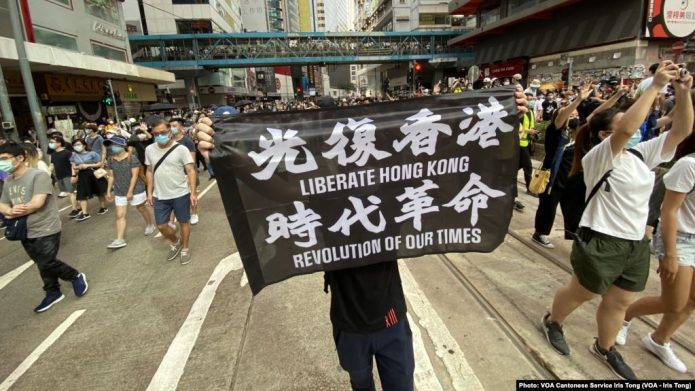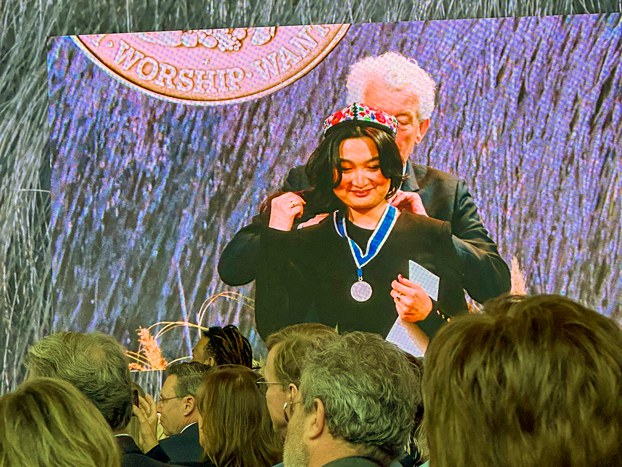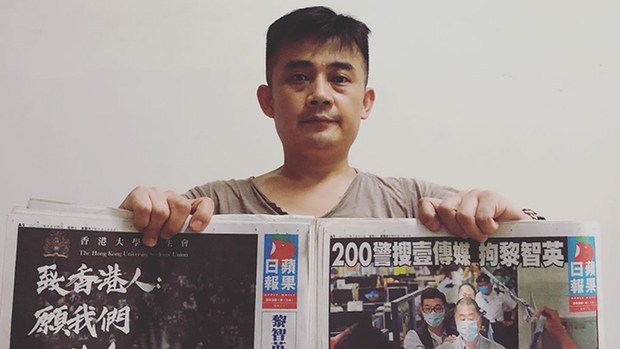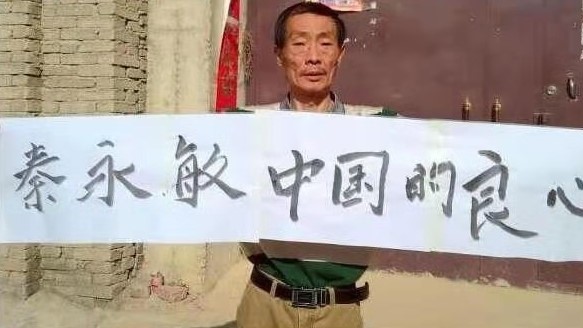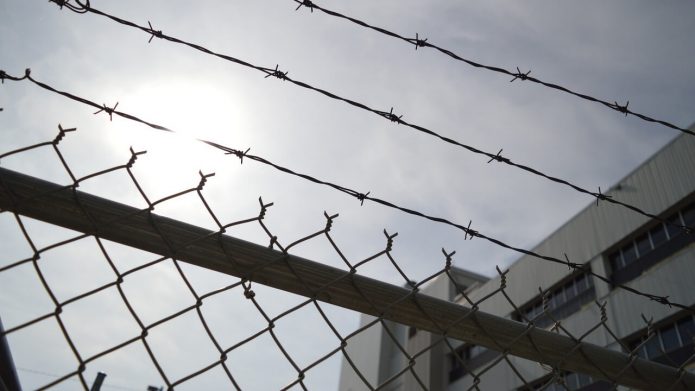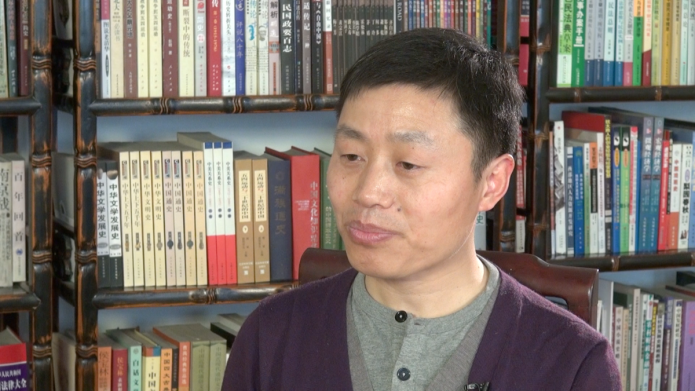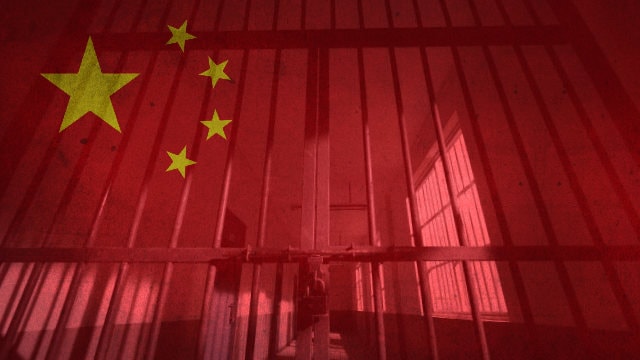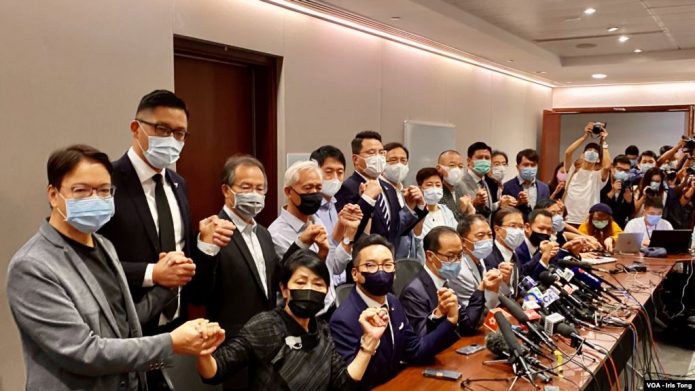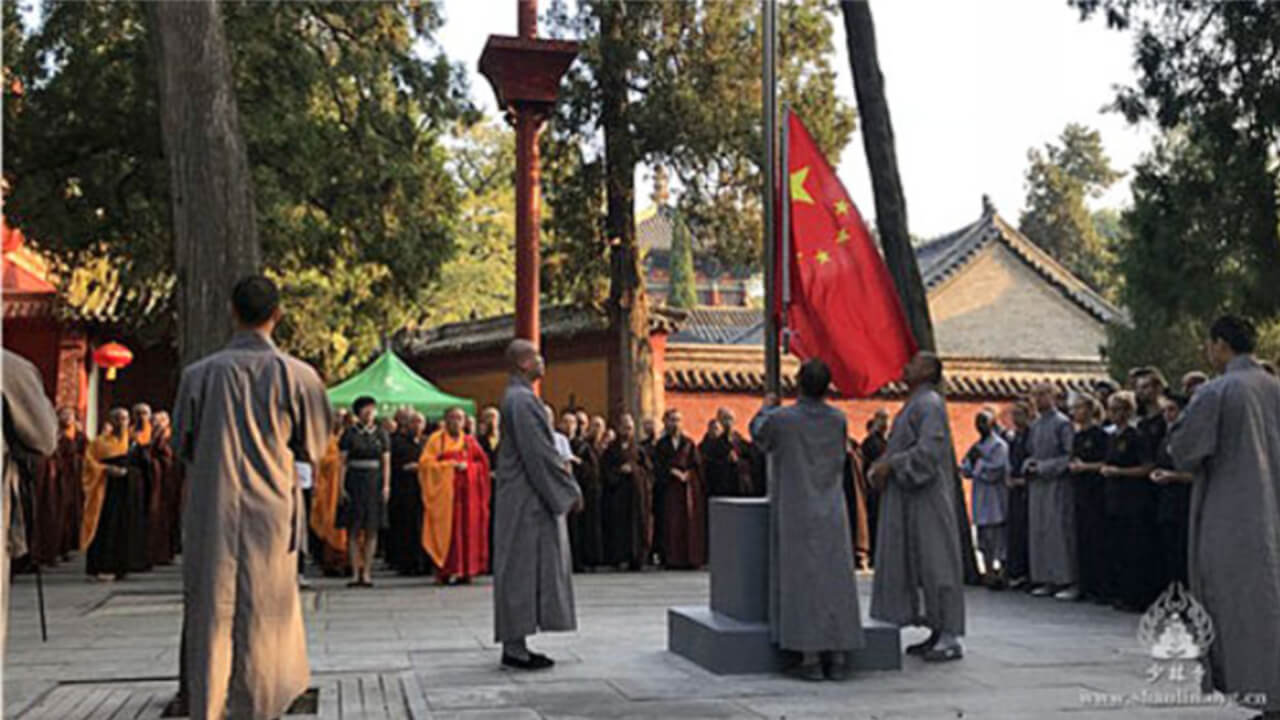
Photo courtesy of Shaolin Temple
Authorities in the central Chinese province of Henan flew the red flag of the People’s Republic of China over the Shaolin Temple, for the first time in the temple’s 1,500-year history.
Overseen by officials of the ruling Chinese Communist Party’s United Front Work Department, which is campaigning for religious groups to show their “patriotism,” monks at the temple raised the red flag with its five gold stars at a “grand” ceremony on Monday.
Shi Yongxin, abbot of the prestigious Zen Buddhist and martial arts institution, was present, along with top officials in charge of religious affairs, the government-backed Buddhist Association and “foreign disciples,” the temple said in a statement on its website.
The move came after a high-ranking political meeting on July 31 launched a nationwide campaign to have religious groups “raise the national flag at religious sites.”
Shi had “taken the lead” and ordered the flag-raising ceremony in front of the main gate of the temple on Monday, it said.
However, a monk who answered the phone at the temple in Henan’s Dengshan on Tuesday said the authorities had basically ordered the ceremony.
“It has already been reported in the news and on social media that this was a state policy,” the monk said. “That has already been made clear, right?”
The monk said the ceremony wouldn’t be carried out every day from now on, however.
“It won’t be happening every day, only on religious festivals,” he said. “The temple agreed to the raising of the national flag, with a view to fully implementing the government’s patriotic education program.”
A Buddhist nun, who gave only her religious name Guoshi, said the entire topic of patriotic education has become a sensitive one among Buddhists.
“I don’t think that there is much option to have an opinion, because there’s no safe way to speak out about it; the risks are too high,” she said.
“I don’t think it’s appropriate for us to make comments on this matter right now,” she added.
In April, the ruling party asserted its control over all religious practices among its citizens.
“Religions in China must be Chinese in orientation and provide active guidance to religions so that they can adapt themselves to the socialist society,” reads a white paper on religious affairs published this week.
Religious believers must “be subordinate to and serve the overall interests of the nation and the Chinese people … and support the leadership of the Chinese Communist Party,” the white paper said, which includes “integrat[ing] religious teachings and rules with Chinese culture.”
Sending a message
Senior theology lecturer Sze Chi Chan of Hong Kong’s Baptist University said the Shaolin Temple is being used as an example of the kind of patriotic behavior expected under President Xi Jinping.
“They need some Buddhists to show as an example, so naturally the Shaolin Temple is the best choice, because it’s so famous for its fighting monks,” Chan told RFA.
“They are using it to send out the message that if even the Shaolin Temple is willing to kowtow, with the best martial artists around, then other temples will have to follow suit,” he said.
“If they can get the whole lot of them to fly the flags, then the Chinese Catholic Church will have to fly them too,” Chan said.
Shaolin abbot Shi Yongxin holds a Master of Business Administration (MBA) degree and seems far from the stereotypical image of a retiring Buddhist monk concerned with achieving release from worldly cycles of cause and effect.
His critics have previously said he has led the temple too far from its Buddhist founding principles of poverty and simplicity, instead turning it into a cash cow as a location for kung fu filmmakers and training international kung fu students.
In 2015, an accuser claiming to be a former Shaolin monk and identified only by the pseudonym Shi Zhengyi posted allegations online that Shi was an “embezzler and womanizer” with illegitimate children, the official Xinhua news agency reported at the time.
The accusations were accompanied by a number of documents claiming to show that Shi had previously been expelled from the prestigious Zen Buddhist and martial arts institution for stealing, it said.
Reported by Wong Lok-to for RFA’s Cantonese Service. Translated and edited by Luisetta Mudie.
Source: Copyright © 1998-2016, RFA. Used with the permission of Radio Free Asia, 2025 M St. NW, Suite 300, Washington DC 20036. https://www.rfa.org.



